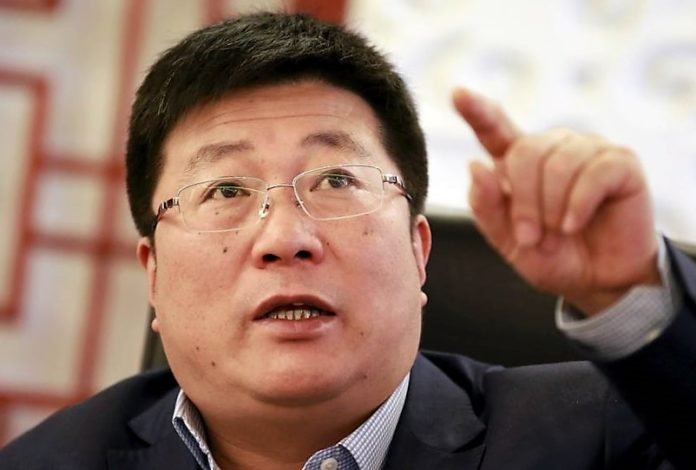The Central Commission for Discipline Inspection, China’s anti-fraud watchdog, has made some serious accusations against Zhao Weiguo, the former chairman of Tsinghua Unigroup, a leading Chinese chipmaker. The accusations are related to corruption, as the regulator has claimed that Zhao treated the state-owned company as his “private fiefdom,” handing profitable businesses to his friends and relatives, and purchasing goods and services from companies run by his associates at inflated prices. These accusations have serious implications for the Chinese semiconductor industry, which is already facing regulatory issues and disputes with other countries.
Zhao and Tsinghua Unigroup Silent on Accusations
Despite the gravity of the accusations against him, Zhao and Tsinghua Unigroup have remained silent and not provided any comment on the matter to the BBC. However, the case has been handed over to prosecutors, who will file charges against Zhao.
The Troubles Facing the Semiconductor Industry in China
The Chinese semiconductor industry has been facing significant troubles in recent years. Last year, Chinese officials investigated several key players in the industry for corruption, as the government had poured billions of dollars into projects that failed or stalled. Zhao’s case is the latest sign of trouble facing the industry. Tsinghua Unigroup was once part of Tsinghua University, which President Xi Jinping attended, and became one of China’s leading chipmakers. However, under Zhao’s leadership, the company defaulted on several bond payments in 2020. It completed a 20-month restructuring last July, under the control of two state-backed venture capital firms, and Zhao stepped down as chairman.
Ongoing Investigations and Regulatory Changes
Several other leading figures in the Chinese semiconductor industry have also been placed under investigation. This is a significant concern for the industry, as semiconductors are at the center of a dispute between the US and China. In October, the US announced that companies exporting chips to China using US tools or software, regardless of where they were made, would require licenses. Earlier this month, the Netherlands said it planned to restrict exports of its “most advanced” microchip technology to protect national security. The accusations against Zhao Weiguo and the ongoing investigations in the Chinese semiconductor industry may lead to further scrutiny and potential regulatory changes. This could impact the industry’s growth and ability to compete with global chipmakers.
Investment in Domestic Chip-making Capabilities
In recent years, China has invested billions of dollars to build up its domestic chip-making capabilities, including setting up a $29bn (£23.7bn) national semiconductor fund in 2019 to reduce its reliance on the West. Despite this investment, ongoing disputes and regulatory issues may present significant challenges that the industry must navigate to continue thriving.
The Future of the Semiconductor Industry
The semiconductor industry is a critical component of modern technology and plays a vital role in various sectors, including telecommunications, transportation, and healthcare. As countries like China continue to invest heavily in chip-making capabilities, the industry’s future remains promising. However, the ongoing disputes and regulatory issues, along with the accusations against Zhao Weiguo, may present significant challenges that the industry must navigate to continue thriving. The industry must take steps to ensure compliance with regulations and improve transparency to avoid future accusations of corruption that could damage the industry’s reputation and growth potential.
Furthermore, the industry must also focus on enhancing its burstiness and perplexity in its communications to ensure that their messaging is engaging and captures the attention of their target audience. By incorporating more complex language and varying the lengths of their sentences, the industry can make their communications more interesting and informative, thereby keeping their audience engaged and informed.
In conclusion, the accusation of corruption against Zhao Weiguo and the ongoing investigations in the Chinese semiconductor industry highlight the need for the industry to prioritize compliance with regulations and transparency to avoid future accusations of corruption. Additionally, by enhancing their burstiness and perplexity in their communications, the industry can ensure that their messaging is engaging and informative, thereby fostering greater public awareness and understanding of the critical role that the semiconductor industry plays in modern technology.








